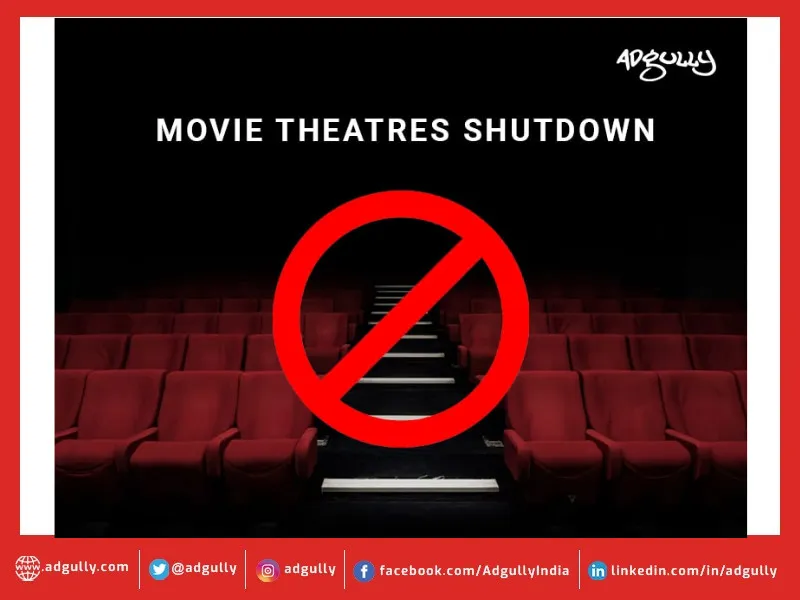
Date: April 22, 2025
East Godavari Exhibitors Threaten Theatre Shutdown From June 1
🎬 A Crisis Brewing in Tollywood’s East Godavari Circuit
The Telugu film industry has been facing tough times in recent years, primarily due to declining footfalls in theaters. While big-budget blockbusters still manage to pull crowds occasionally, films with subpar content are failing to generate interest, even among hardcore moviegoers. Rising ticket prices, increased maintenance costs, and a rigid rental model have only worsened the situation for exhibitors. In a bold move, exhibitors in the East Godavari district have now issued an ultimatum to shut down all theaters in the region from June 1, 2025, unless their long-standing demands are addressed.
💼 What Triggered the Ultimatum in East Godavari?
The decision follows unsuccessful negotiations between the East Godavari exhibitors and distributors. At the core of the issue is the demand to shift from the existing rental system to a percentage-based revenue-sharing model. Exhibitors argue that the rental model unfairly favors distributors, especially when movies fail to perform at the box office.
The rental system locks exhibitors into fixed payments, regardless of ticket sales. In contrast, the percentage system allows both parties to share revenues based on actual collections, which seen as a more sustainable model during uncertain times.
🌍 How Other States Handle It
Interestingly, states like Tamil Nadu, Kerala, and Karnataka already operate under a percentage model, which has helped smaller films thrive and kept theaters operational even during content slumps. The East Godavari exhibitors are demanding a similar structure to safeguard their business and bring parity to the system.
They claim that continuing under the rental system, particularly for low-performing films, is no longer viable and threatens the very existence of single-screen theaters in the region.
🎥 What’s at Stake for Tollywood?
The East Godavari belt is a crucial distribution region for Telugu cinema, especially for medium to big-budget films. With several major releases slated for the second half of 2025, a shutdown in this circuit could disrupt theatrical revenues, box office targets, and even marketing strategies.
Industry insiders believe that the stalemate, if prolonged, may force Tollywood bigwigs and producer councils to step in. Resolving this dispute is now vital not just for exhibitors, but also for the overall health of the Telugu film ecosystem.
🧩 Final Thoughts
Unless a mutually agreeable solution is found soon, East Godavari may witness a complete blackout of theatrical screenings from June 1, 2025. This standoff highlights a growing need for structural reform in revenue-sharing models, especially in regions where theaters are struggling for survival.
Tollywood’s next big challenge may not be content—it may be finding ways to keep its exhibition chains alive.